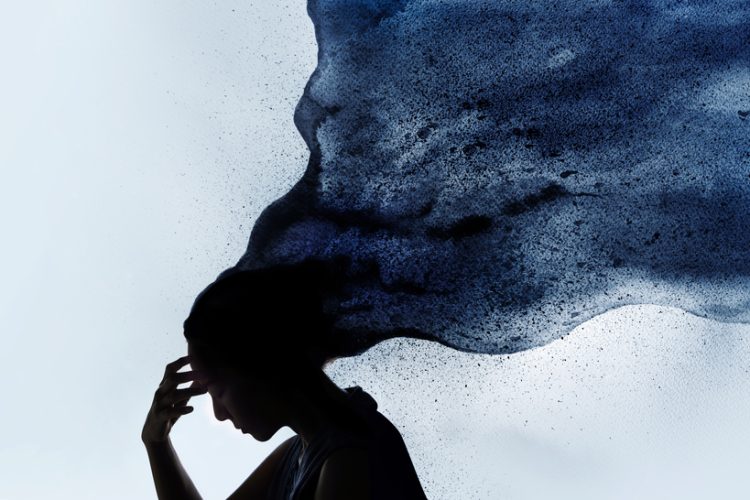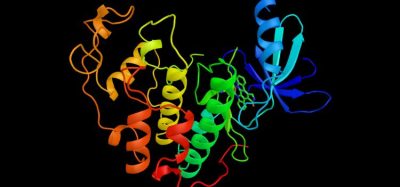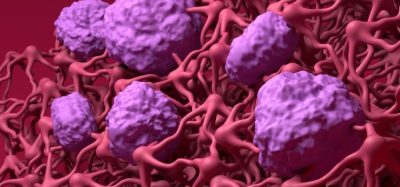Zuranolone shows promise as episodic treatment for depression
Posted: 20 September 2022 | Hannah Balfour (European Pharmaceutical Review) | No comments yet
Phase III data shows most major depressive disorder patients treated with zuranolone had minimal or mild depressive symptoms after a year.


New data supports the potential use of Biogen’s and Sage Therapeutics’ zuranolone as a potential episodic treatment for people with major depressive disorder (MDD). Zuranolone is an investigational oral 14-day treatment under clinical development for adult patients with MDD and postpartum depression.
In the ongoing open-label, longitudinal SHORELINE Study in MDD, the median time to the first repeat treatment course for those patients who responded to the initial 14-day treatment course was 135 days for the completed 30mg cohort (n = 489) and 249 days for the ongoing 50mg cohort (n = 146).
Additionally, an analysis of patients in the 30mg cohort with elevated anxiety (n = 569) and without elevated anxiety (n = 156), there was a mean reduction in the 17-item Hamilton Rating Scale for Depression (HAMD-17) total score from baseline to Day 15; for those patients who had a HAMD-17 response at Day 15 and continued in the study beyond Day 28, scores remained below baseline through Day 70 independent of the presence of elevated anxiety at baseline.
In patients who completed one year of follow-up in both cohorts of the SHORELINE Study (n = 407), most had minimal or mild depressive symptoms at study exit as assessed by the Clinical Global Impressions-Severity scale.
Zuranolone was generally well-tolerated with a safety profile consistent with prior clinical studies. The most common adverse events associated with zuranolone included headache, somnolence, dizziness and sedation.
These results are part of 11 analyses being presented at the 2022 Psych Congress.
Other data presented on zuranolone included:
- Data from a post-hoc analysis of four studies in the LANDSCAPE programme demonstrated that improvements in depressive symptoms with zuranolone at Day 15 were sustained beyond the end of treatment.
- A post-hoc analysis of the WATERFALL Study in MDD evaluated the statistically significant reduction in depressive symptoms as measured by HAMD-17 at Day 15 as well as rapid onset observed at Day 3 and Day 8 with zuranolone 50mg compared to placebo. It suggested that the differences were clinically meaningful according to estimates of minimal important difference.
“The data presented at Psych Congress highlight the rapid and sustained improvement in depressive symptoms seen with zuranolone in clinical trials and reinforce its potential to be an as-needed treatment in MDD,” commented Dr Greg Mattingly, Associate Clinical Professor, Washington University, US. “Depression is a leading contributor of disability worldwide and importantly awareness has grown during the past few years of the global pandemic. We can and must do more to help people living with MDD and those that care about them overcome the challenges of this disease.”
Related topics
Clinical Trials, Drug Development, Drug Safety, Research & Development (R&D), Therapeutics









